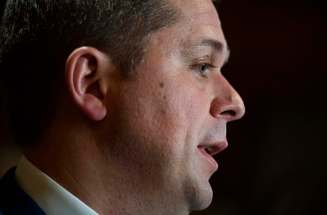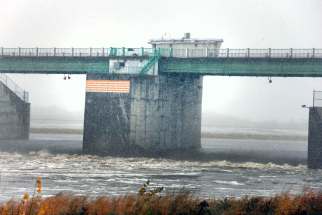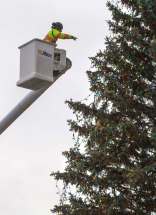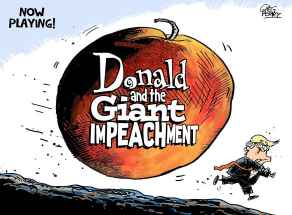Time not on Scheer’s side
Read this article for free:
or
Already have an account? Log in here »
To continue reading, please subscribe:
Monthly Digital Subscription
$0 for the first 4 weeks*
- Enjoy unlimited reading on winnipegfreepress.com
- Read the E-Edition, our digital replica newspaper
- Access News Break, our award-winning app
- Play interactive puzzles
*No charge for 4 weeks then price increases to the regular rate of $19.00 plus GST every four weeks. Offer available to new and qualified returning subscribers only. Cancel any time.
Monthly Digital Subscription
$4.75/week*
- Enjoy unlimited reading on winnipegfreepress.com
- Read the E-Edition, our digital replica newspaper
- Access News Break, our award-winning app
- Play interactive puzzles
*Billed as $19 plus GST every four weeks. Cancel any time.
To continue reading, please subscribe:
Add Free Press access to your Brandon Sun subscription for only an additional
$1 for the first 4 weeks*
*Your next subscription payment will increase by $1.00 and you will be charged $16.99 plus GST for four weeks. After four weeks, your payment will increase to $23.99 plus GST every four weeks.
Read unlimited articles for free today:
or
Already have an account? Log in here »
Hey there, time traveller!
This article was published 07/11/2019 (2229 days ago), so information in it may no longer be current.
I never thought Stephen Harper would become prime minister of Canada when he led the Conservative party in opposition. (I wrote that at the time.)
His fiscal conservative and tough-on-crime views were appealing enough. But his prickly personality, stuffy demeanour and Reform Party background seemed insurmountable obstacles.
When he proved me wrong and claimed a minority government in 2006, I thought: “Sure, but he’ll never win a majority.”
Like most opposition leaders who become prime minister, Harper didn’t win government as much as the previous administration defeated itself.
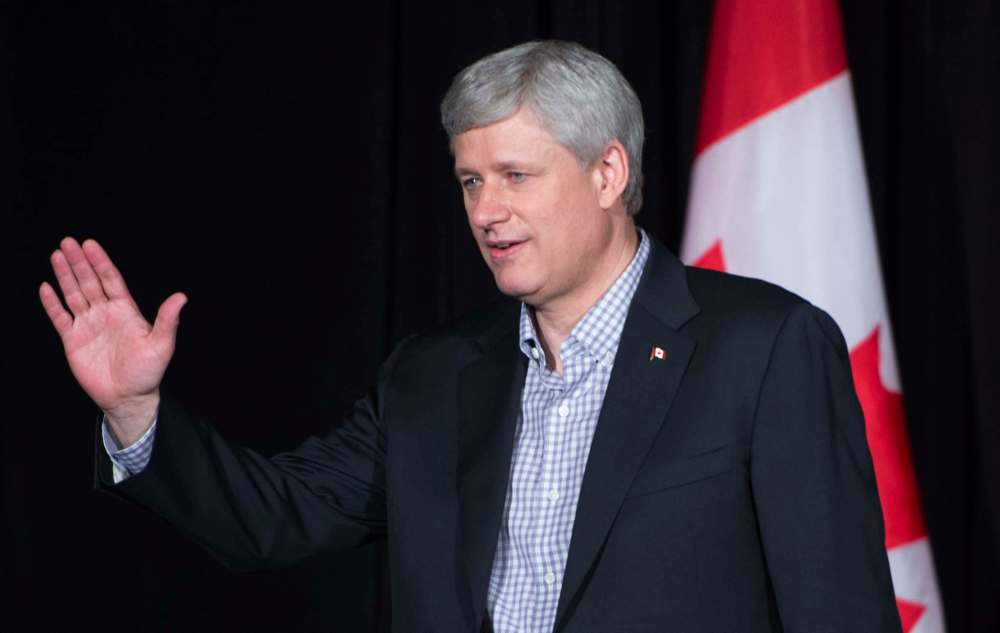
All governments eventually face a time-for-a-change dynamic and get booted from office. The Liberals were in government from 1993 to 2006, and had their share of problems and scandals (like every party). Harper was waiting in the wings.
The Conservatives eventually defeated themselves, too. Harper became more arrogant and autocratic. His combative approach turned people off. Canadians eventually grew tired and threw him out. A fresh-faced Justin Trudeau, with all his shortcomings and lack of political know-how, was there, eager to take the reins.
So goes the cycle of government.
Not all Liberal or Conservative opposition party leaders stick around long enough to grab the brass ring. When they falter badly enough (e.g. Michael Ignatieff, Stéphane Dion) they leave or their party shows them the door before they get the chance to reupholster the furniture at 24 Sussex Dr.
Conservative Leader Andrew Scheer has faltered. He ran an awful election campaign. He alienated many voters with an amateurish, indecisive style, flirtations (or worse) with social conservatism, and his overall ineptness.
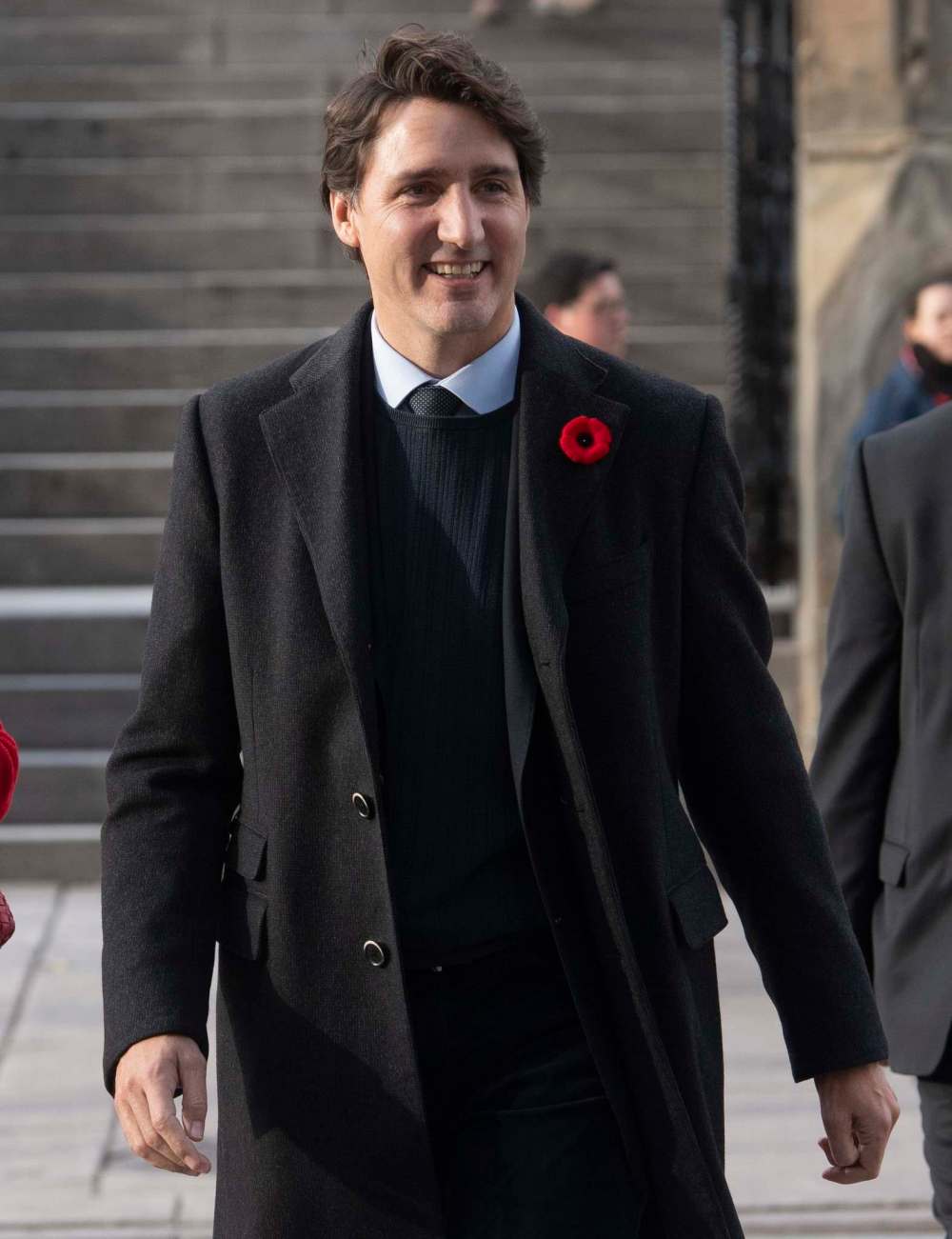
After only 2 1/2 years on the job, the knives are already out. Party members will decide Scheer’s fate at their April convention.
But what if they keep him? Could he stick around long enough to eventually win under the broken-clock theory, as other opposition leaders have?
The once-beloved Trudeau — whose bid for a second-term should have been a walk in the park — is vulnerable. After only four years in government, Trudeau faced a moderate time-for-a-change dynamic in 2019 — driven largely by backlash he faced in the West. He was beatable; a strong Conservative leader probably could have ousted him.
Scheer didn’t fit the bill.
The question for Conservatives is: if Trudeau’s popularity doesn’t wane further (it may not), how can they realistically expect to win the next election?
It’s not as if Scheer is going to become a more effective leader. If the appetite for change doesn’t gain steam, Scheer has no chance of making a breakthrough in Ontario or Quebec.
Trudeau will eventually defeat himself, as all prime ministers do. And if Scheer is still standing, he could become prime minister, one day. It’s not impossible. But how long would that take?
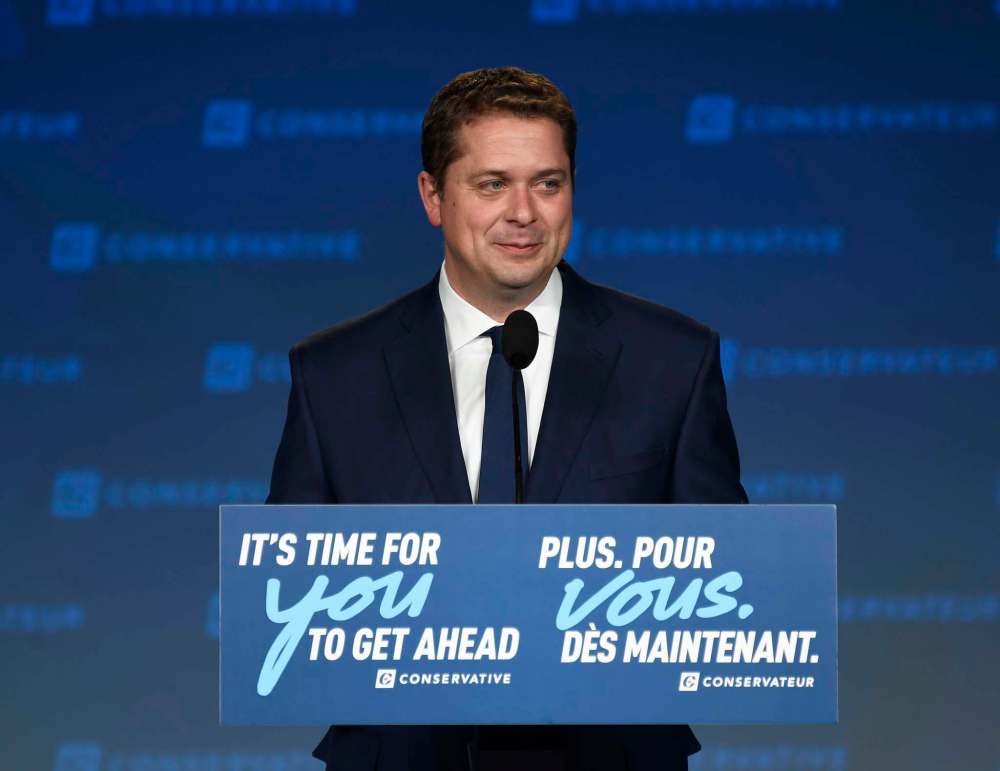
Trudeau has another opportunity to grow his brand. If he plays his cards right, he could appease the West by doing things like getting the Trans Mountain pipeline expansion built. He could regain some of the support he lost in recent years. Even if Trudeau doesn’t achieve that in the short-to-medium term, he could still hang on to power for some time, despite the regional split.
What would help keep him in office is a Conservative party led by Scheer. His presence could be just enough to ensure the Liberals remain in government; Trudeau may even win a majority again.
The Conservative party could roll the dice and hope the benefit of time might eventually result in Scheer becoming prime minister. But the Liberals were in power for nearly 13 years when Harper took over; Trudeau’s only been in office one term.
If the Tories want to improve their chances of winning government sooner rather than later, they need to put their best foot forward by dumping Scheer and getting a more effective and progressive leader.
They have an opportunity to do that in April.
tom.brodbeck@freepress.mb.ca

Tom has been covering Manitoba politics since the early 1990s and joined the Winnipeg Free Press news team in 2019.
Our newsroom depends on a growing audience of readers to power our journalism. If you are not a paid reader, please consider becoming a subscriber.
Our newsroom depends on its audience of readers to power our journalism. Thank you for your support.


